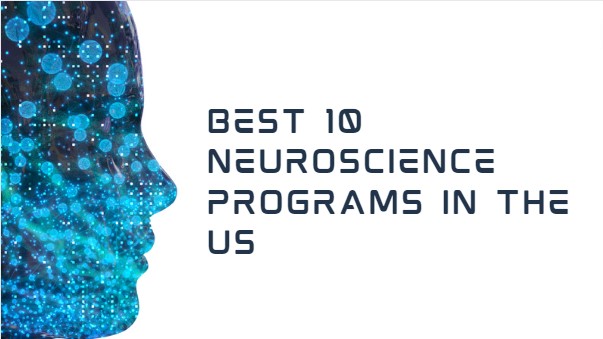10 Best Neuroscience Programs in the US (2025 Guide)
What are the best neuroscience programs in the US? Find out below.
Neuroscience is a new and dynamic field of research that explores the nervous system of humans and how it affects all facets of behavior and thought. It is multidisciplinary in nature and contains aspects of physiology, biochemistry, languages, psychology, and much more.
Students who want to pursue postgraduate degrees in fields like medicine, psychology, biology, or the specialized field of neurology often consider this major as their first choice.
Given this possibility of advanced study, undergrads should check out our top neuroscience courses, as visiting these colleges will give them a big edge. They will increase their chances of admission into the best graduate and professional schools.
Read: Top 10 Welding Schools in the US (2025 Update)
Best Neuroscience Programs in the US
Massachusetts Institute of Technology (MIT)
Website: https://bcs.mit.edu/academic-program
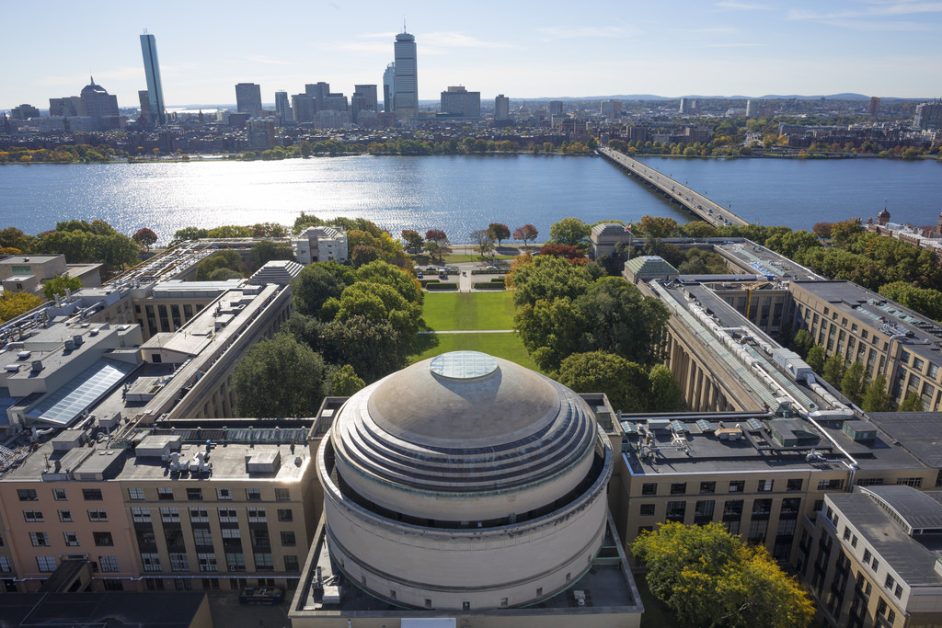
The Massachusetts Institute of Technology (MIT) is a private research university located in Cambridge, Massachusetts, USA. It is generally rated as being among the most elite academic institutions in the world.
At the center of MIT is a unique blend of intensive academics, innovative research, new tech, and passionate instruction. The Department of Brain and Cognitive Sciences was established on these beliefs, and they continue to be the primary reasons why students enroll in the course.
Harvard University
Website https://www.mcb.harvard.edu/undergraduate/neurobiology/
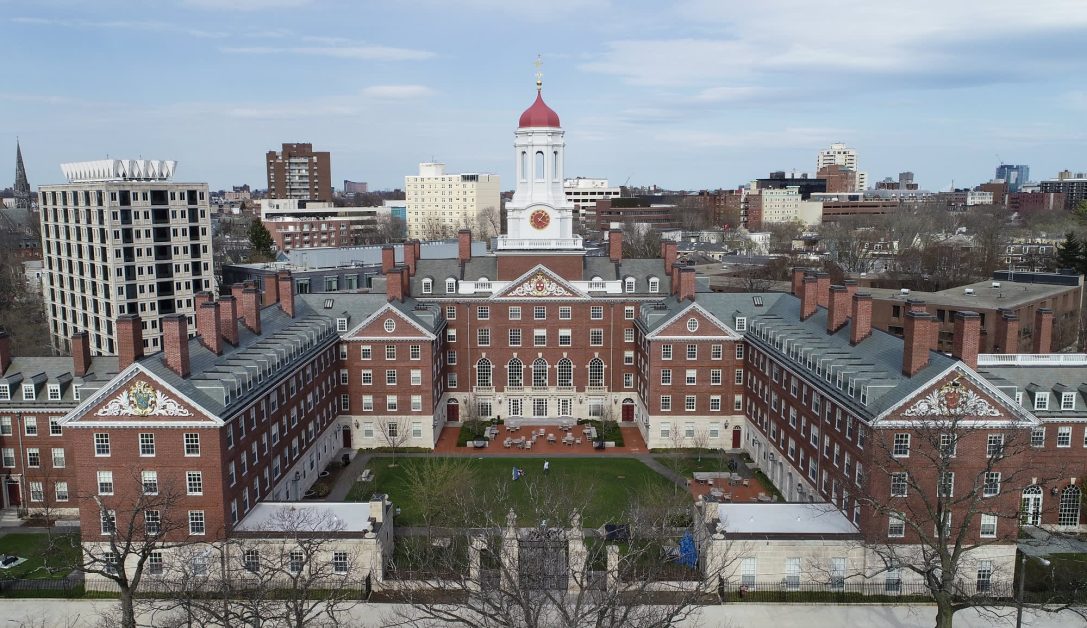
Harvard University is a privately owned Ivy League research institution in Cambridge, Massachusetts, founded in 1636, whose legacy, impact, and affluence have made it among the world’s most renowned universities.
The HMS Neurobiology Department was established in 1966 by Stephen W. Kuffler, Nobel laureates David Hubel and Torsten Wiesel, as well as Ed Kravitz, Ed Furshpan, and David Potter. Together, they established the branch of study known as neurobiology, which integrates methodologies from biology, biochemistry, histology, neuroanatomy, and electron microscopy to understand how the nervous system develops and works.
Princeton University
Website: https://pni.princeton.edu/
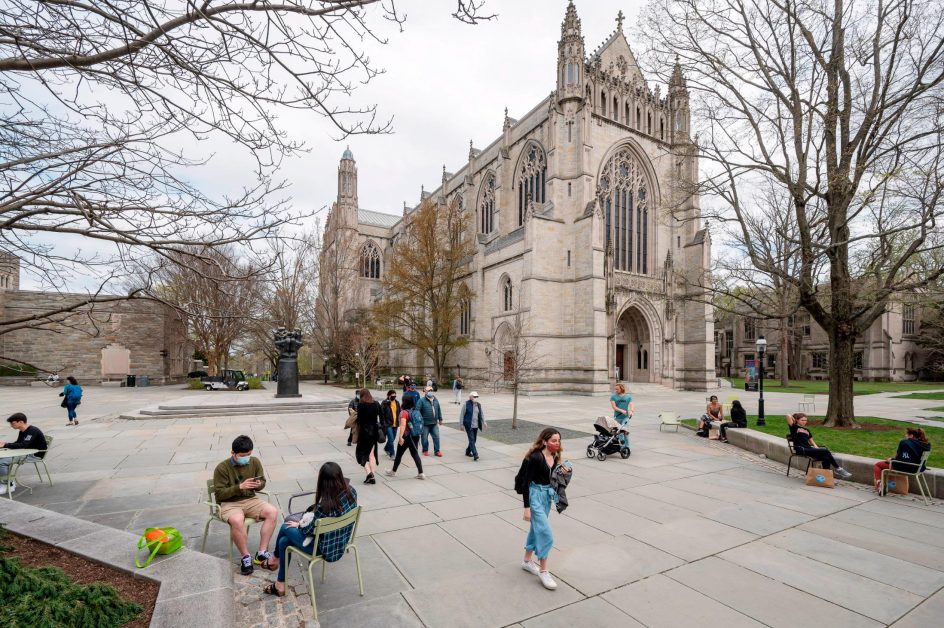
Princeton University is a private Ivy League research university in Princeton, New Jersey. It is the fourth-oldest higher learning institution in the U.S. and one of nine colonial colleges founded before American independence. Established in 1746 as the College of New Jersey, it originally operated in Elizabeth.
Professors researching neuroscience work across multiple departments, including Advanced Math, Molecular Biology, Computer Engineering, Technology, Molecular Genetics, Quantum Mechanics, Psychology, and Philosophy. This broad expertise creates rich opportunities for study and training. It also highlights the multidisciplinary nature of modern neuroscience research.
Duke University
Website: https://psychandneuro.duke.edu/undergraduate

Duke University is a nonprofit research university based in Durham, North Carolina. Established by Unitarians and Quakers in the city of Trinity in 1838, the college relocated to Durham in 1892.
Their undergraduate curriculum is remarkable because it offers 2 different fields of study: neuroscience and psychology.
Both disciplines give their students a variety of opportunities to study beyond the classroom through voluntary work and research. Their graduates have gone on to work in a variety of sectors, including academics, politics, business, medicine, and much more.
Columbia University
Website: http://neuroscience.columbia.edu/

Columbia University is a research institution in New York City.
King George II chartered it in 1754. It is the oldest academic institution in New York and the fifth-oldest in the United States. Columbia is one of nine colonial colleges founded before the Emancipation Proclamation. Seven of them are Ivy League schools. Major education journals consistently rank Columbia among the world’s top ten universities.
Columbia’s Neuroscience program has a long history. It began with the Neurological Institute in New York City, founded in 1909. The Institute moved to Columbia Heights in 1929 as part of the Columbia University Medical Center. In 2007, the university replaced the Center for Neurobiology and Behavior with the Department of Neuroscience, narrowing its focus.
Brown University
Website: https://www.brown.edu/academics/neuroscience/
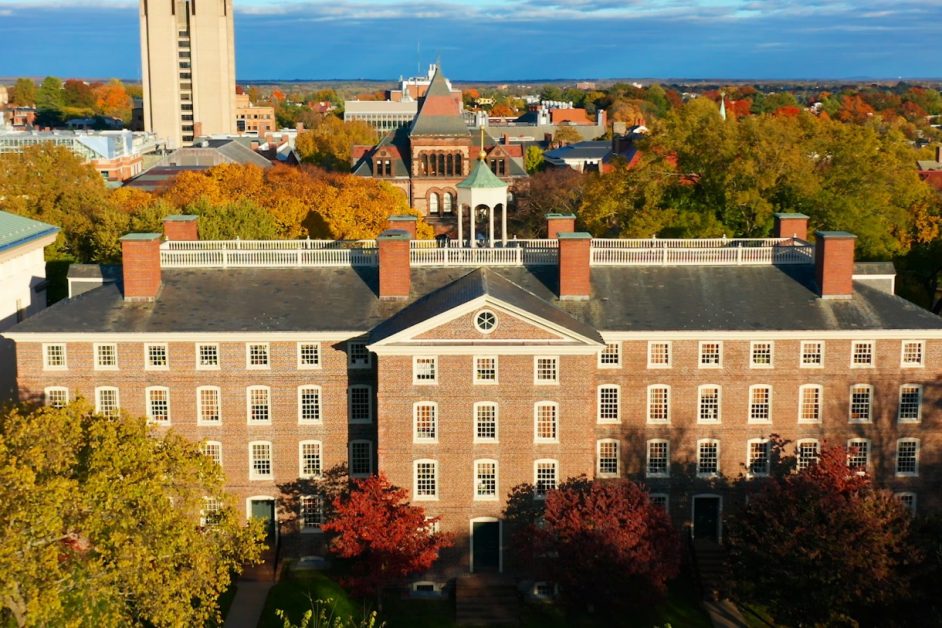
Brown University is a private university located in Providence, Rhode Island, United States. Established in 1764 as the School of the English Colony of Rhode Island and Providence Plantations, Brown is the 7th oldest university in the United States and among the 9 colonial colleges approved before American independence.
The Department of Neuroscience is a congregation of intellectuals devoted solely to ensuring the highest level of excellence in research and education.
University of Pennsylvania
Website: https://www.sas.upenn.edu/bbb/content/studying-neuroscience-penn
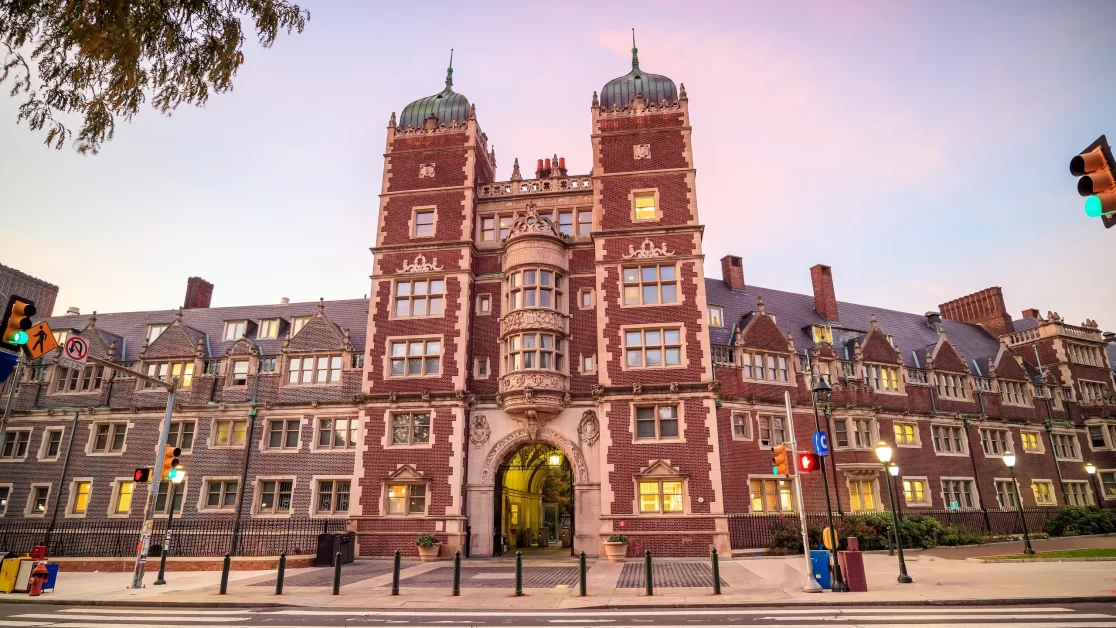
The University of Pennsylvania, also referred to as Penn or UPenn, is a research institution that is situated in Philadelphia’s University City district in Pennsylvania.
Rice University
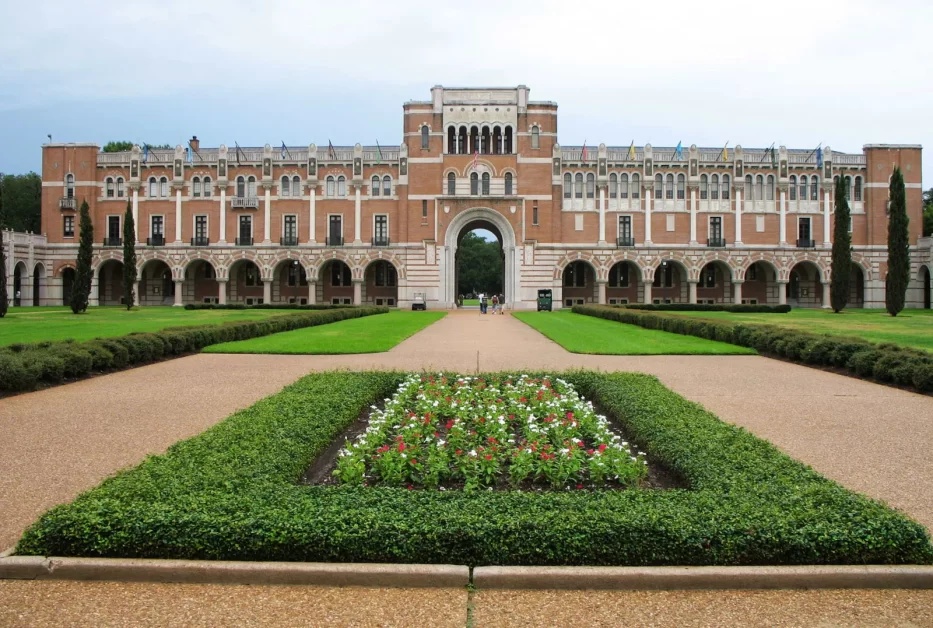
Rice University is a private research institution situated on a 295-acre premises in Houston, Texas, United States. The university is usually regarded as the best university and also the institution with the most rigorous admission process in Texas.
Northwestern University
Website: https://www.neurobiology.northwestern.edu/undergraduate/neuroscience-major/
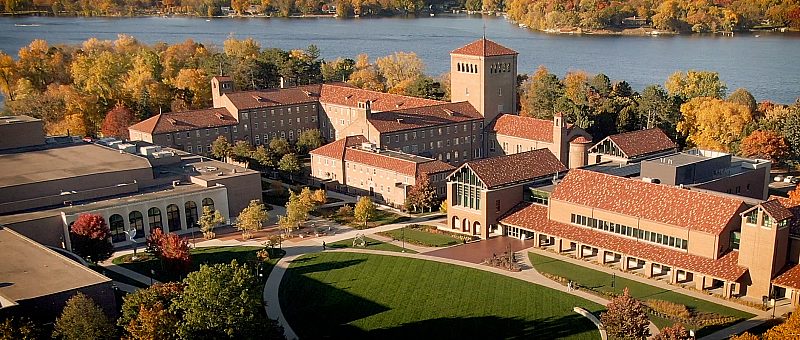
Northwestern University (NU) is a private research institution located in Evanston, Illinois, with other sites situated in Chicago and Doha, Qatar, and degree programs and infrastructure in Washington, D.C., and San Francisco, California.
Northwestern’s undergrad major in Neuroscience offers classes encompassing diverse topics.
Students majoring in neuroscience will be well-equipped for positions in science journalism, intellectual property law, biotechnology, research, and other fields.
Vanderbilt University
Website: https://as.vanderbilt.edu/neuroscience/
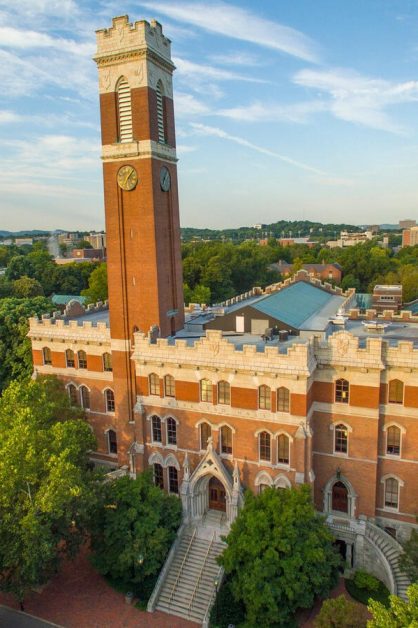
Vanderbilt University, also known as Vandy, is a private institution in Nashville, Tennessee. Cornelius Vanderbilt, a maritime and railroad tycoon, funded its founding in 1873 with a $1 million donation. Although he never visited the South, he hoped the university would help heal the nation after the Civil War.
Vanderbilt offers a multidisciplinary neuroscience program for undergraduates. The College of Arts and Sciences provides both a major and a minor. Faculty come from both the College of Arts and Sciences and the School of Medicine. The program collaborates with the Vanderbilt Brain Institute, which promotes neuroscience research and education. It also hosts national and international conferences, inviting undergraduates to participate.
FAQs and Answers
What part is excellent for neuroscience?
An undergrad education in cognitive science, behavioral science, or cell biology can be the beginning of an exciting academic experience in neuroscience.
Is it worthwhile to pursue a neuroscience major?
Getting a graduate degree in neuroscience will assist you in getting lucrative jobs in science, healthcare, strategic planning, and policy advocacy.
Is neuroscience the most challenging major?
Neuroscience is difficult because core courses like human physiology, molecular biology, and mathematics are daunting. Furthermore, it takes much longer for students to complete a Ph.D. or MD in neuroscience. A master’s degree in neuroscience, due to its placement in the medical field, can be exorbitant, too.
Recommended:
Online Esthetics Schools in the US
